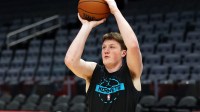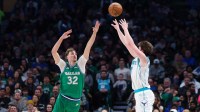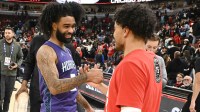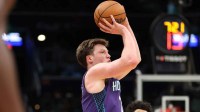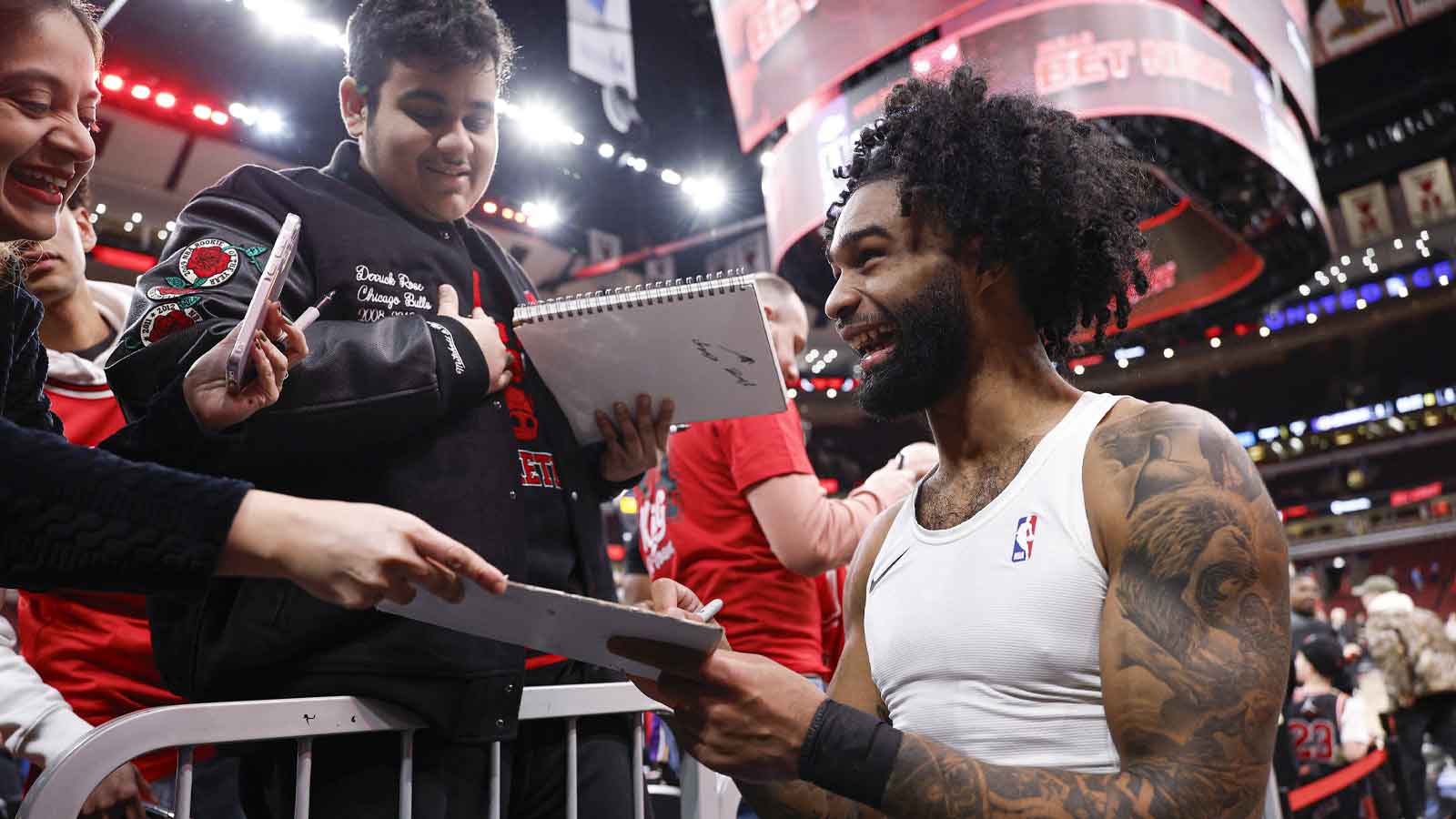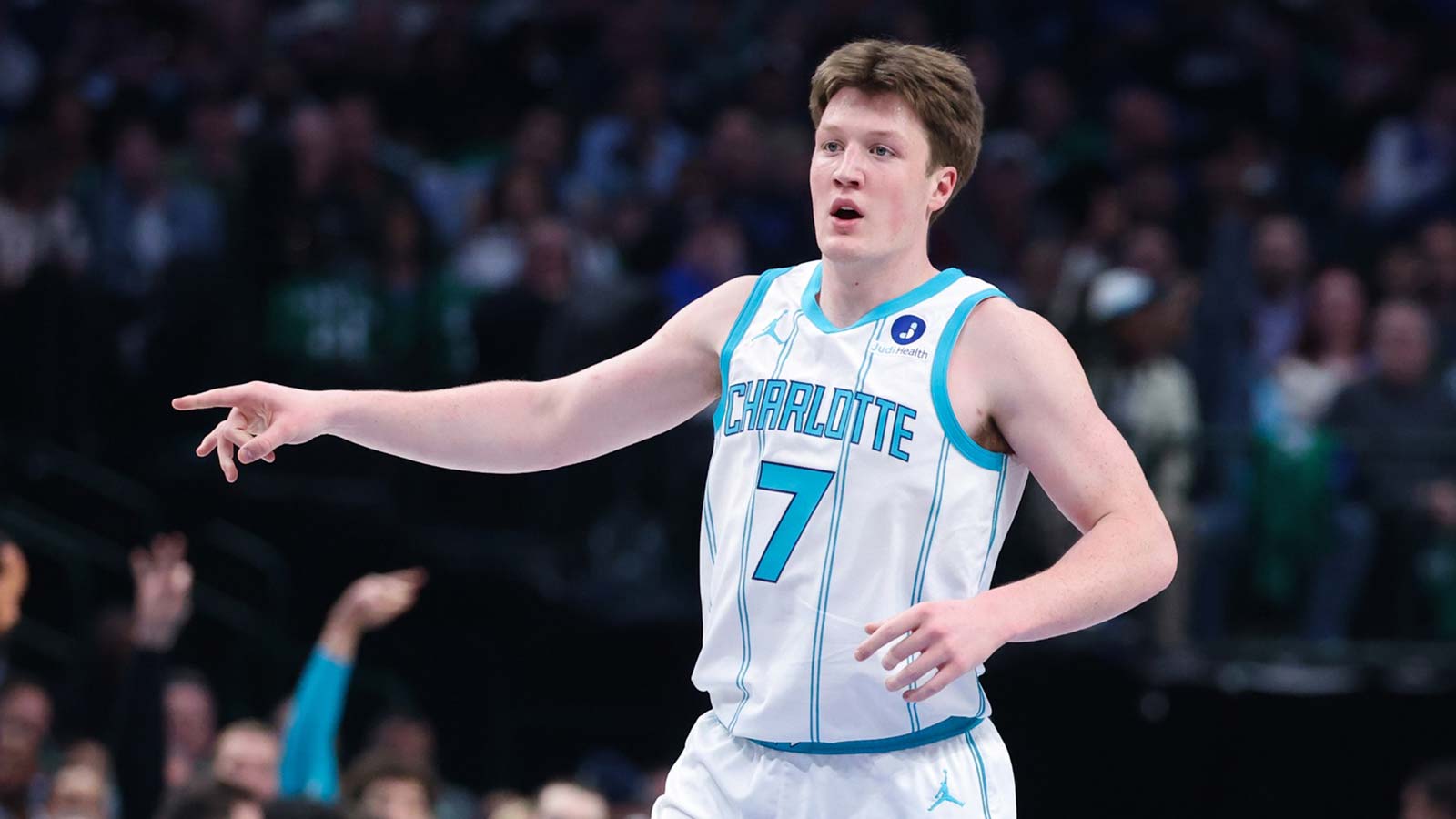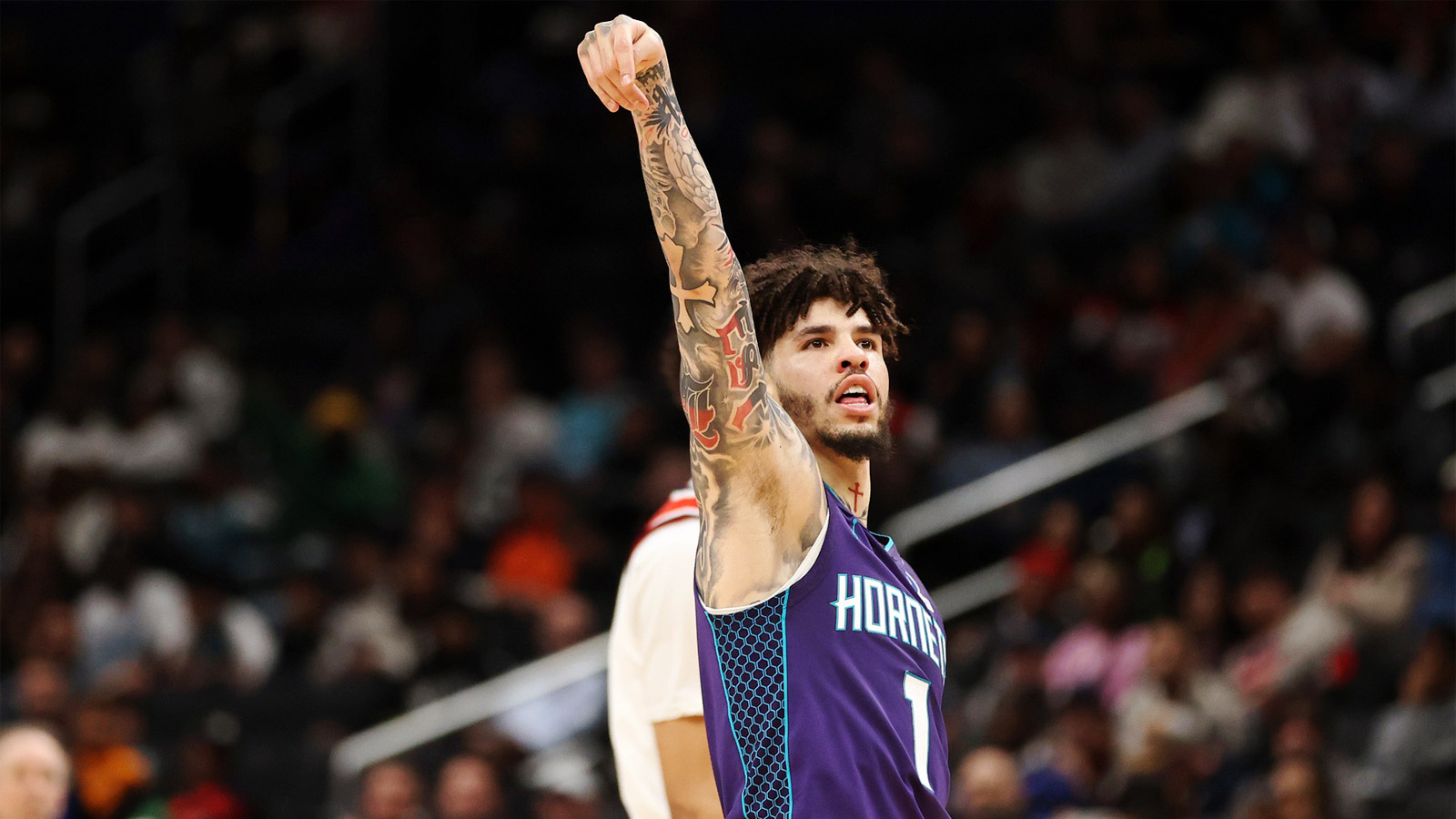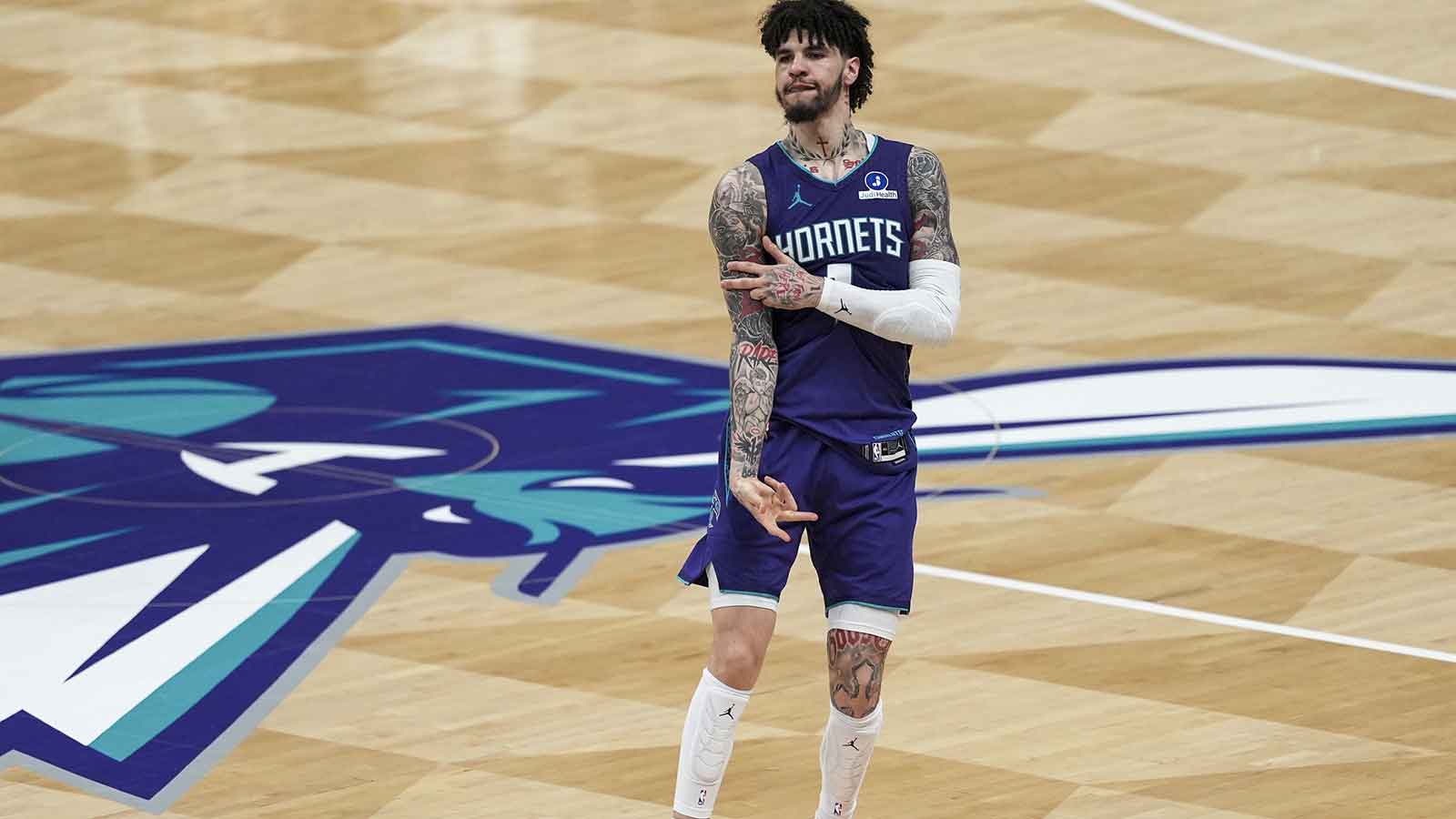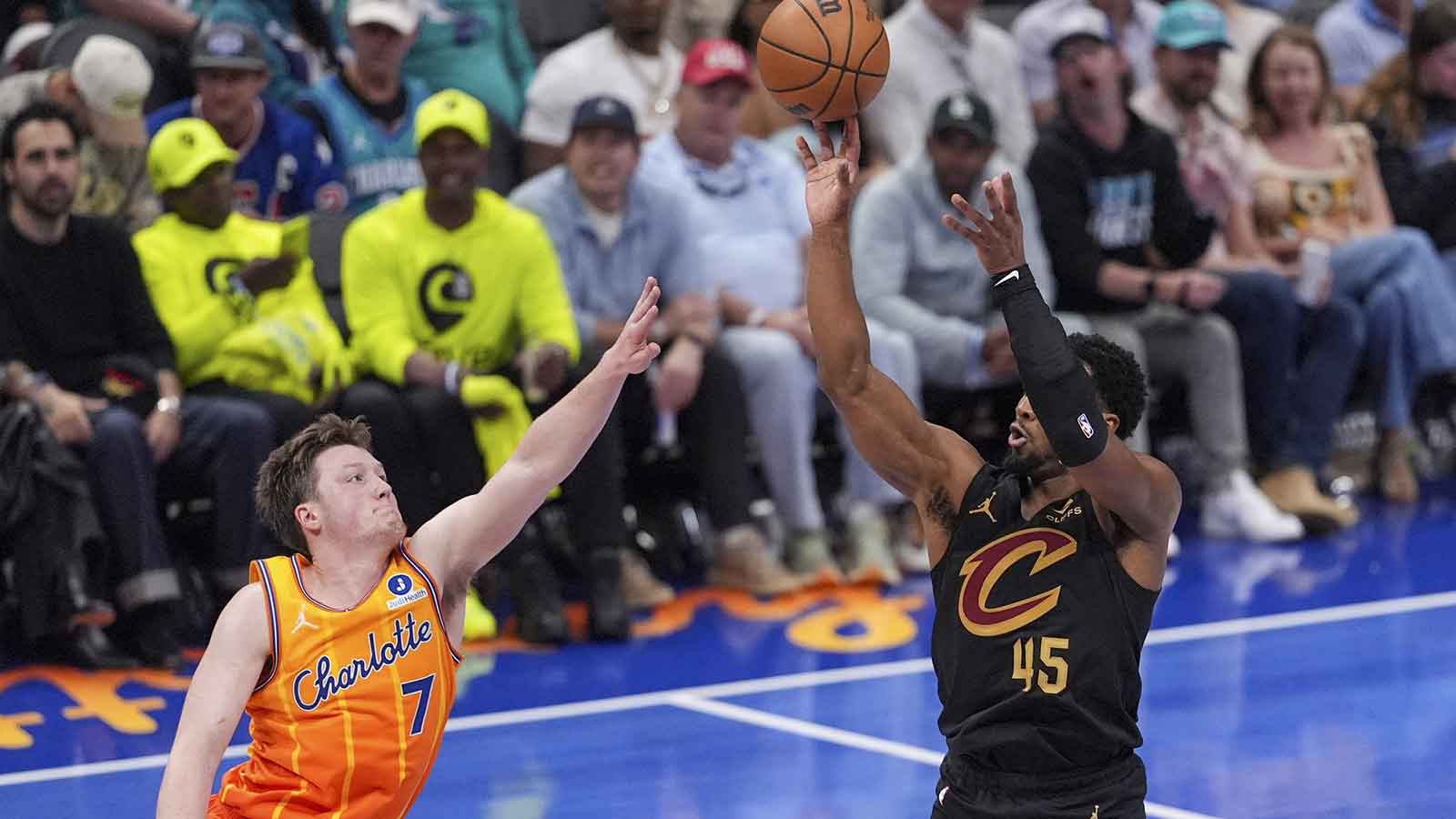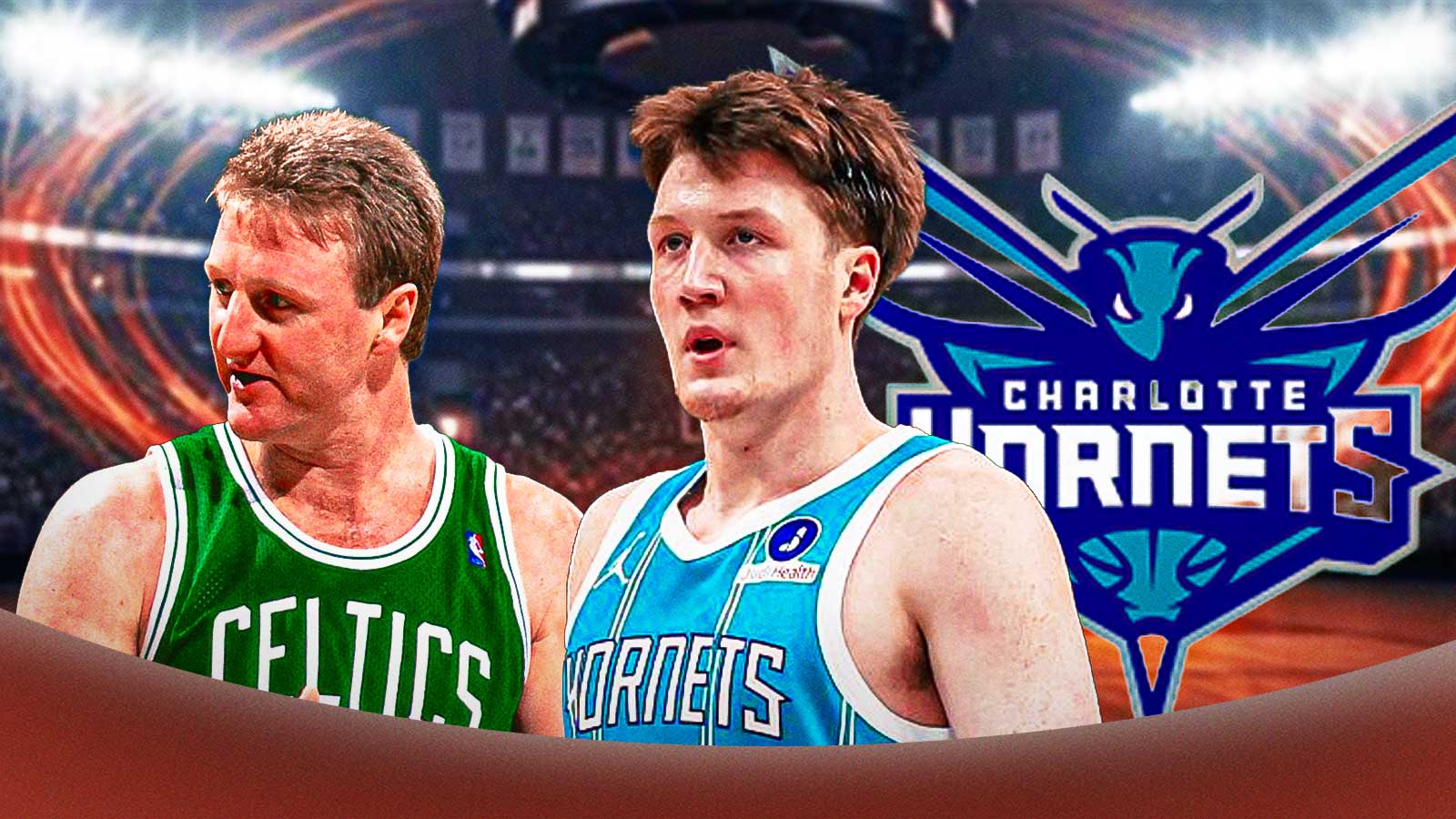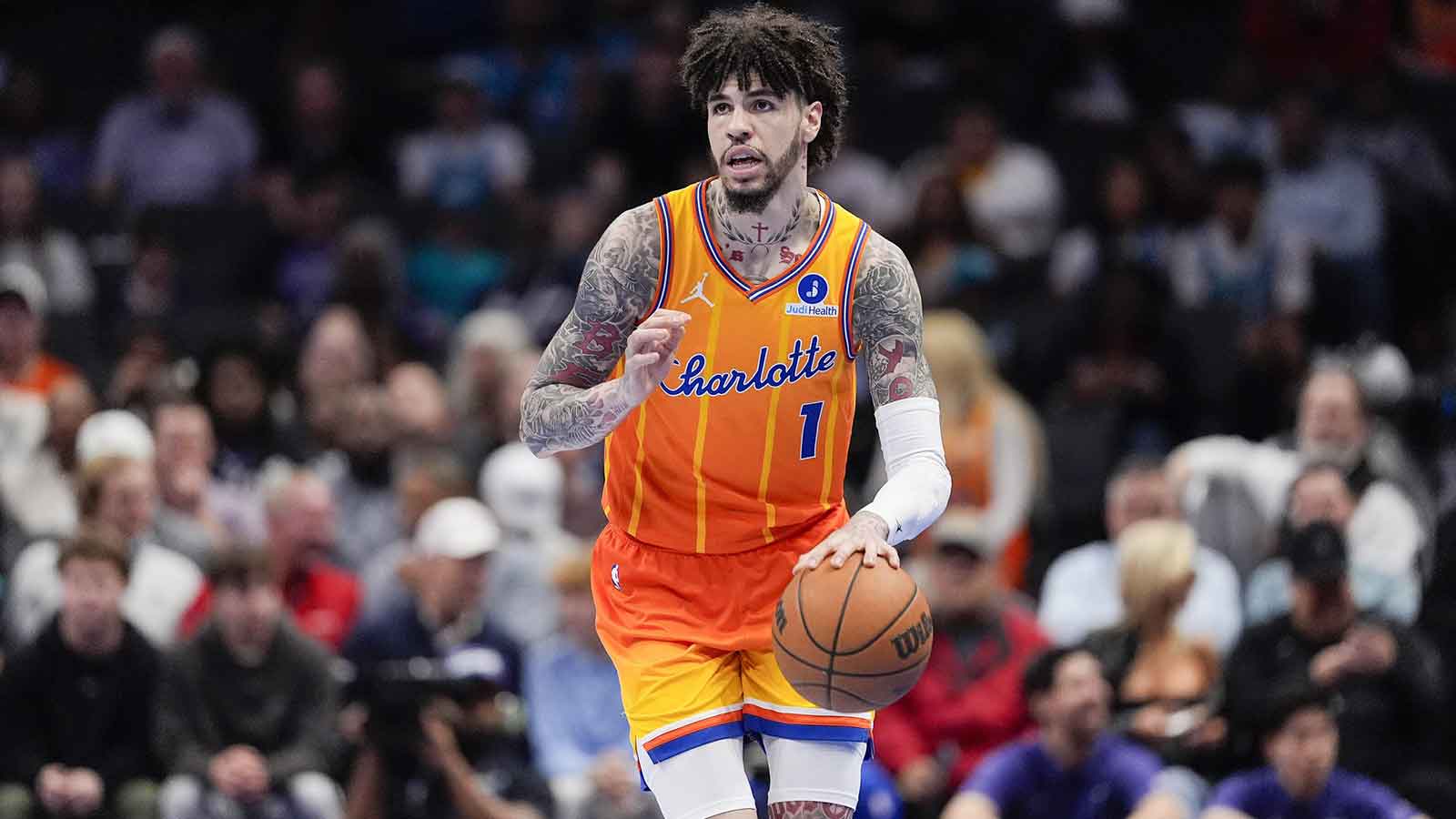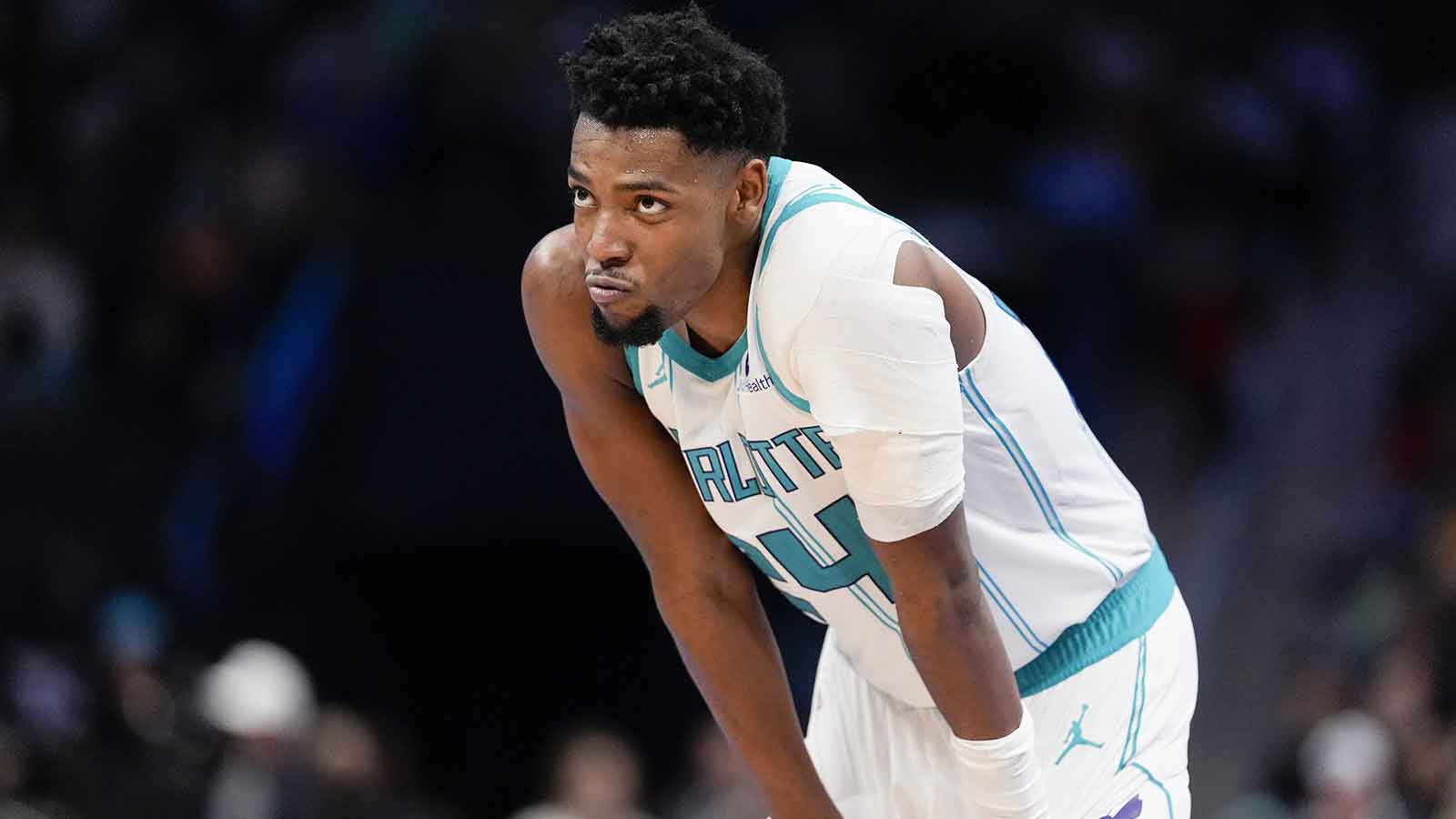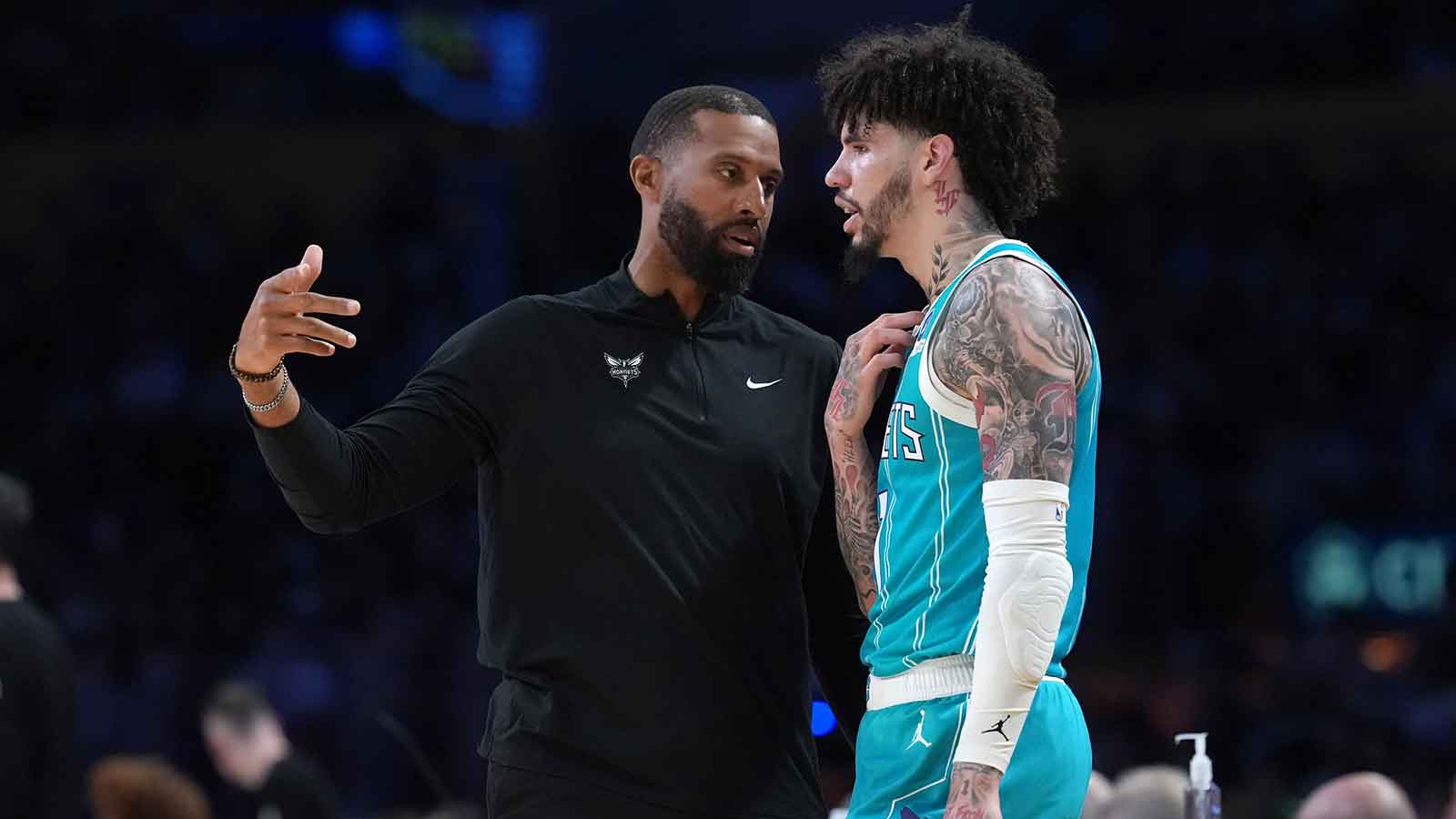Heading into the 2025 NBA offseason, the Charlotte Hornets had a clear objective: surround their young core with enough talent and stability to finally crawl out of the Eastern Conference’s basement. After years of missed opportunities, injuries, and roster imbalances, the front office took decisive action.
Their biggest move came early, a trade with the Utah Jazz to acquire Colin Sexton. The high-octane combo guard arrives in Charlotte after averaging 18.4 points and 4.2 assists on 48% shooting. With LaMelo Ball still recovering from an ankle injury, Sexton’s ability to push the pace and create offense was a smart hedge against uncertainty. He's a proven scorer and underrated playmaker, and his energy should inject life into a previously stagnant offense.
Alongside Sexton, the Hornets re-signed Tre Mann, who had quietly been one of their most efficient players before suffering a back injury. His shooting (40% from deep) and secondary ball handling are critical for floor spacing and backcourt flexibility.
The Hornets also brought in Spencer Dinwiddie, a steady veteran presence. While Dinwiddie’s best years are likely behind him, he remains a capable combo guard who can lead the second unit or fill in spot-starting roles.
However, despite the offseason upgrades, Charlotte remains a team in transition. The Eastern Conference is unforgiving, and a slow start could force the Hornets to consider midseason trades, either to upgrade the roster or to free up space for the future. Here are three way-too-early trade candidates who could be moved before the deadline.
Seth Curry: The sharpshooter without a guaranteed role
Seth Curry entered Charlotte as a veteran shooter with a long track record of stretching defenses. On paper, he’s an ideal floor spacer for LaMelo Ball and Colin Sexton, and his 43% career three-point shooting makes him a constant threat off the ball. But with Tre Mann and Brandon Miller also capable of logging minutes at the two-guard spot, Curry’s role could be inconsistent.
The Golden State Warriors have serious interest in signing Seth Curry, per @ShamsCharania pic.twitter.com/mnZYLjlWiX
— Shot Coverage (@ShotCoverage) July 24, 2025
At 35 years old, Curry’s defensive limitations have become more apparent, especially against bigger, switchable wings. If the Hornets fall out of playoff contention, his veteran presence might be more valuable to a contender in need of reliable shooting for the stretch run.
Curry’s $3–4 million salary is easy to move, and multiple playoff-caliber teams could be interested in renting his shooting for a postseason push. For Charlotte, trading him midseason could bring back a second-round pick or a developmental player, while also freeing minutes for younger guards to grow.
Wendell Moore Jr.: The depth piece in need of opportunity
Wendell Moore Jr. has had a tough time breaking into regular rotations since entering the league. Originally drafted by the Minnesota Timberwolves, he landed in Charlotte with the hope of finding a clearer path to minutes. Unfortunately, the Hornets’ wing depth featuring Brandon Miller, Liam McNeely, and Kon Knueppel makes it difficult for Moore to establish a consistent role.
Moore’s defensive energy and willingness to do the dirty work are commendable, but his offensive game remains a work in progress. Without a reliable three-point shot, he risks being marginalized in a system that prioritizes spacing around its ball-dominant guards.
At 23, Moore still has upside, which makes him appealing to rebuilding teams that can afford to be patient with his development. His rookie-scale contract also makes him an attractive salary filler in larger deals. If Charlotte looks to package him with a veteran like Curry to acquire a more impactful rotation player, Moore could be on the move before the deadline.
Taj Gibson: The veteran mentor on an expiring deal
Taj Gibson’s value to the Hornets isn’t measured solely in box scores. At 40, Gibson is one of the league’s elder statesmen, bringing leadership, professionalism, and a steady locker room presence. For a young team still learning how to win, his voice carries weight.
Taj Gibson in his 15-year career:
8.6 PPG
5.8 RPG
1.0 BPG
52/26/71%
965 GP (71 Playoff GP)Great vet for a young Hornets team. pic.twitter.com/3JyffOVGzU
— HornetsHoops (@hornetshoops_) July 13, 2024
That said, Gibson’s on-court role is limited. Contenders often covet veterans like him at the deadline, not necessarily for big minutes, but for their mentorship and playoff experience.
His minimum contract makes him an easy trade piece, and a title-chasing team in need of frontcourt insurance could scoop him up without much hesitation. For Charlotte, moving Gibson would be about doing right by a respected vet while also opening a roster spot for a younger developmental player or a midseason flyer.
What should the Hornets do?
The Hornets’ 2025–26 season will hinge on whether their offseason additions can gel quickly and keep them competitive in a stacked Eastern Conference. If the early results don’t match expectations, expect the front office to pivot toward moves that preserve flexibility and build for the long term.
Seth Curry, Wendell Moore Jr., and Taj Gibson represent three different types of trade chips: the proven veteran shooter, the young depth piece, and the experienced mentor. Each could draw interest from different types of teams, and each could help Charlotte address its ongoing need for balanced roster construction.
For a franchise that’s been stuck in the Eastern Conference basement for too long, making the right in-season moves could be the difference between another lost year and a genuine step forward.



